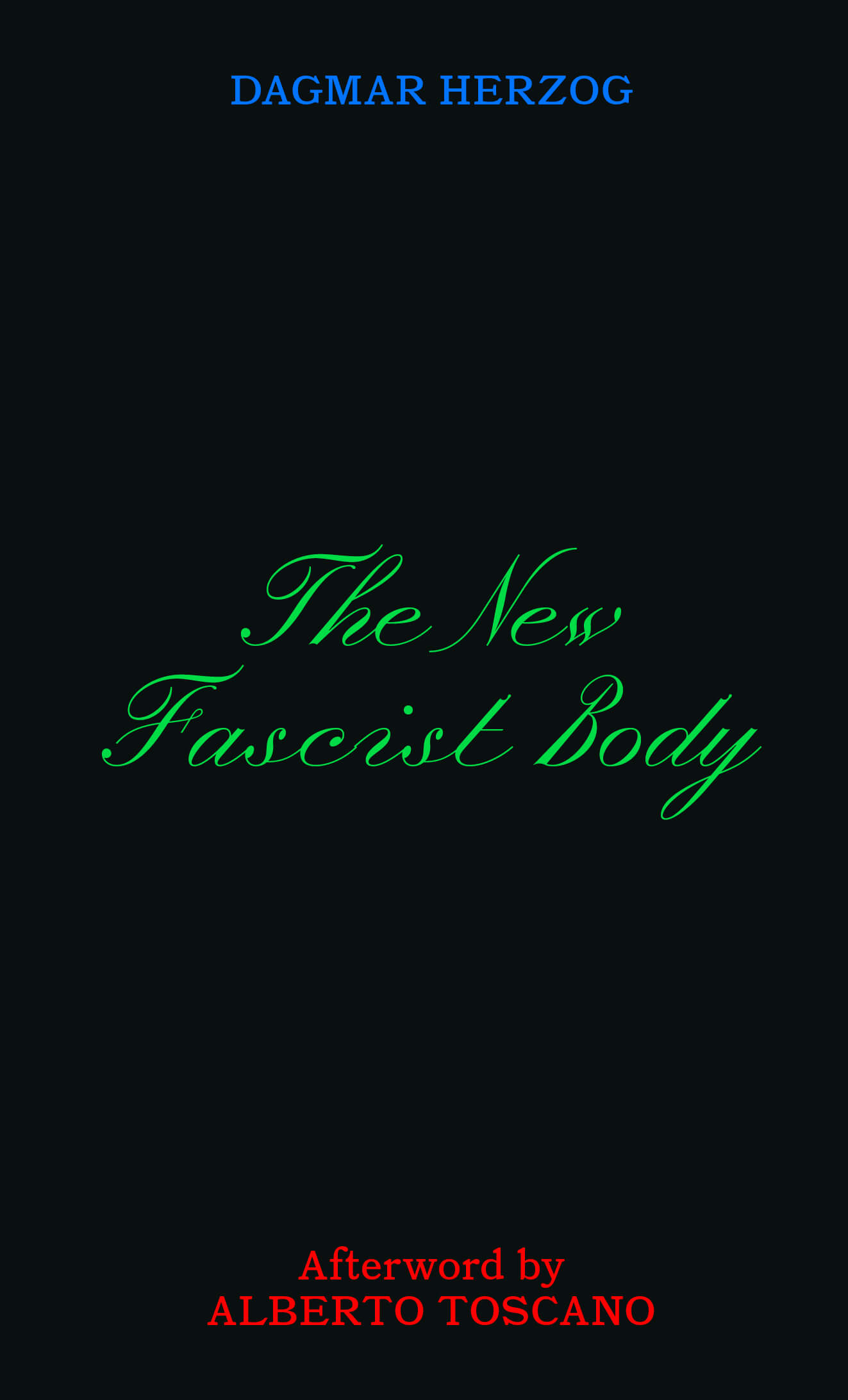
Copiez ce livre – Un manuel sur le droit d'auteur et les communs culturels, par et pour les artistes
An artist's guide to copyright, written for makers.
Both practical and critical, this book will guide you through the concepts underlying copyright and how they apply in your practice.
How do you get copyright? For what work? And for how long? How does copyright move across mediums, and how can you go about integrating the work of others? Because they get copyright too!
Copy this Book will detail the concepts of authorship and original creation that underlie our legal system. This way, it will equip you with the conceptual keys to participate in the debate on intellectual property today.
Eric Schrijver is a Dutch interaction designer, artist and author, born in Amsterdam in 1984. He lives in Brussels, and works for the Belgian IT company ACSONE, designing and developing interfaces for clients in the public and private sector. Eric Schrijver directs a group blog called I like tight pants and mathematics, that aims to motivate designers and artists to get more involved in the world of computer programmers. From 2011 to 2017 he was a core member of the graphic design collective Open Source Publishing. Eric Schrijver has taught workshops at art schools around the world. He has been a teacher at the Masters Graphic Design at the École de Recherche Graphique (ERG), and as well as a faculty member at KABK (The Hague), where he taught coding and interaction design.
Language: French




